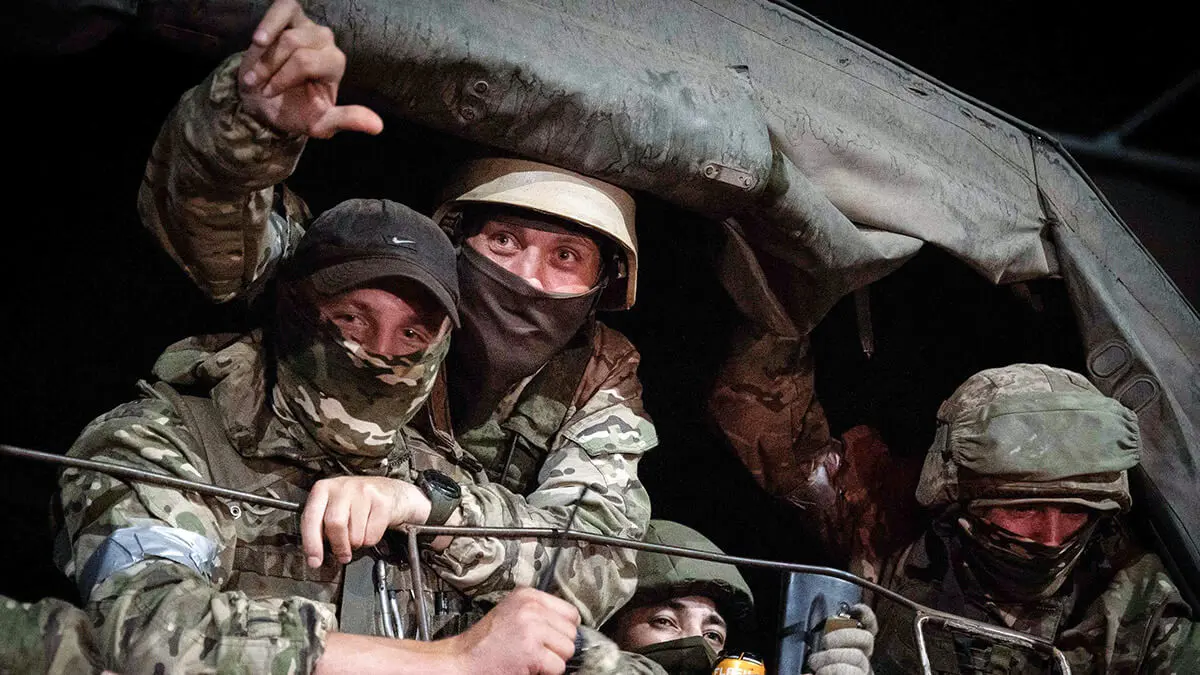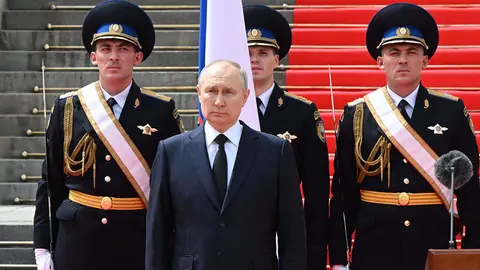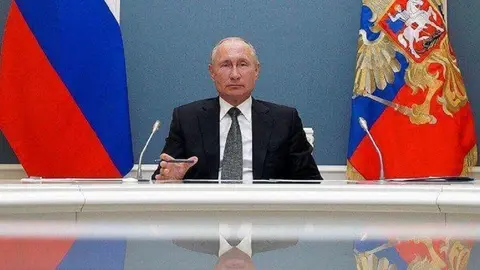Wagner leaves Ukraine but remains in Africa

The mutiny led by Wagner group leader Yevgeny Prigozhin has not only had repercussions in Russia. After reaching an agreement with Russian President Vladimir Putin, Prigozhin has been forced into exile in Belarus, along with many other members of the paramilitary group.
As a result of the uprising and the more than visible tensions between Russian military leaders, Wagner will no longer participate "in hostilities" in Ukraine, Kyrylo Budanov, head of Ukraine's Military Intelligence Directorate, told the Ukrainska Pravda newspaper. Budanov described the Wagner group as the "most effective" Russian unit, recalling its ability to achieve success at "any cost".

Prigozhin's militia has been involved in some of the bloodiest battles of the conflict, winning major victories in places like Bakhmut, where sharp disagreements between Wagner and Russian Defence Ministry leaders, whom Prigozhin accused of failing to supply his mercenaries with sufficient weaponry, came to the fore.
Andrei Kartapolov, head of Russia's Defence Committee, has also confirmed that Wagner's fighters will stop fighting in Ukraine after Prigozhin refused to sign contracts placing Wagner within the Defence Ministry. Therefore, according to Kartapolov, the paramilitary organisation will no longer receive state funding. In a recent speech following Wagner's mutiny, Putin acknowledged that Russian coffers had for years financed Prigozhin and his men, who have been accused of war crimes in several countries around the world.
However, although no longer involved in the fighting in Ukraine, there are still Wagner fighters in parts of southern Ukraine, as well as in Russian-occupied Ukrainian territory, Pentagon spokesman Brigadier General Pat Ryder revealed.
Wagner in Africa
Prigozhin's mercenaries are leaving Ukraine, but are strengthening their presence and influence on the African continent. As announced by Russian Foreign Minister Sergei Lavrov, the agreements signed between several African countries, such as the Central African Republic, and the Wagner group will be maintained. In CAR, Lavrov also noted that the Russian Defence Ministry has had "several hundred" military advisors working with their Central African counterparts for some time. Lavrov also referred to recent events in Russia, stressing that his country "always emerges more resilient and stronger from any difficulties".
Following the mutiny and withdrawal in Ukraine, Wagner will now focus on his operations in countries such as Mali and the Central African Republic, although Russian mercenaries are or have been in countries such as Mozambique, Libya, Guinea, Guinea Bissau and Sudan. Through Wagner's presence, Moscow gains influence on the continent to the detriment of Western nations. In addition to seeking and strengthening new alliances, the Kremlin also looks with interest to the rich natural resources of some of these countries, such as Sudan, where Wagner members have been involved in gold mining in several of the country's mines.











